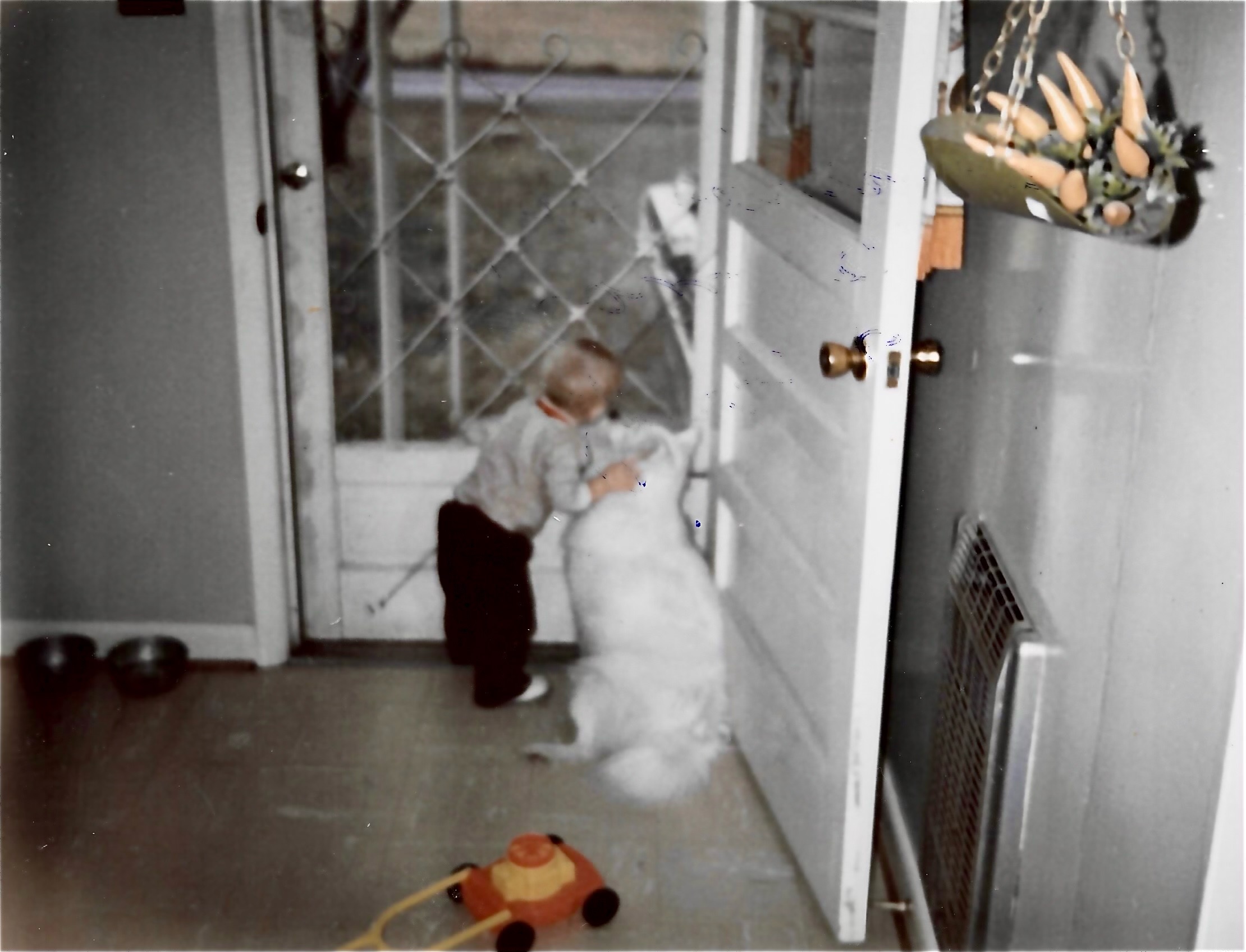
July 4. Independence Day.
You know, when the Declaration of Independence, which was ratified by the Second Continental Congress on July 4, 1776, and established the U. S of A.
But given the state of this country right now, where affirmative action has been banned for college admissions, where Roe was overturned, books are being banned and trans and gays are openly discriminated against against, the holiday means only a lot of firecracker noise that leaves Nigel petrified and hiding under Rob’s desk.
The pundits tell us we’re a country of laws. That our laws keep democracy intact. But as far as I can see right now, the party that used to call themselves Republicans support a man with federal indictments against him who now is entangled in legal troubles and the party stands for basically nothing at all. They’ve lost their collective soul to a consuming hunger for power and chaos.
My parents were once Republicans. But if they were alive now they wouldn’t touch this party.
I’m still trying to figure out how a man like trump, a guy so clearly an egocentric narcissistic personality, was elected to begin with and how he divided the country so well. Since he announced his presidency in 2015 and rode down that silly staircase with Melania behind him, just the sight of him has nauseated me. Now, in 2023, hearing his voice, his endless lies, his whines about being a “political victim” have become laughable.
Hey, it’s Orange Man, again, lying to a new rally …
But Trump aside, where it this country headed? Democracy has been a good experiment for 247 years. Will it last longer?















